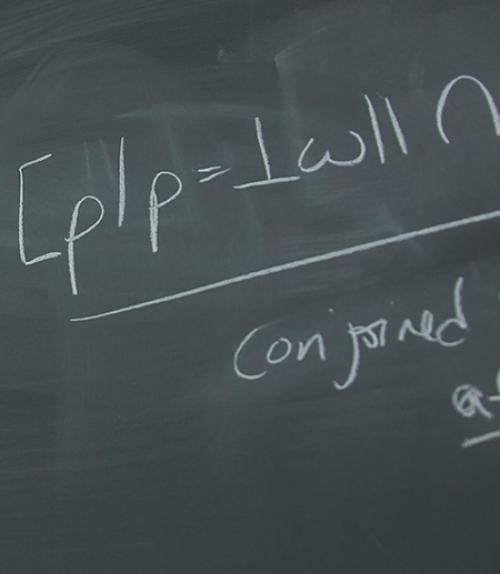August 17-20, Cornell will host the 30th meeting of Semantics and Linguistic Theory (SALT), one of the world’s leading conferences on the scientific study of meaning in natural languages. Originally scheduled to take place on the Ithaca campus in April, the meeting will be held virtually.
The Department of Linguistics in the College of Arts and Sciences and the Sage School of Philosophy are organizing SALT30 together with the Cornell Center for Social Sciences and the Cognitive Science Program.
“Linguistics itself is a very interdisciplinary field, and semantics especially is connected to logic, philosophy of language, psychology, cognitive science, social psychology, cross-linguistic study, and many other disciplines,” said Sarah Murray, associate professor of linguistics and organizer of the conference. Development of language and meaning in children, mathematical and computational modes of meaning, language in context, and other studies all have a place in semantics and at this international conference.
SALT has a strong history at Cornell; the conference was founded at Cornell in 1991 by professor emerita Sally McConnell-Ginet and two colleagues. Cornell also hosted SALT10 in 2000.
SALT30 will include a retrospective session moderated by her and featuring other founders and participants from SALT1.
“It’s the people at Cornell, both faculty and students, who keep us influential in the field of semantics and natural languages,” said McConnell-Ginet.
She said that Murray and associate professor of philosophy Will Starr, a SALT30 co-organizer—have revived a Cornell tradition begun in the 1980s of strong ties between linguists and philosophers working on issues of meaning.
Dorit Abusch, professor of linguistics, Jon Ander Mendia, postdoctoral fellow with Cornell’s Society for the Humanities, and Mats Rooth, professor of linguistics, are also organizing the conference.
SALT30 will feature 20 talks and 27 posters, along with 5 invited talks and several special sessions. The presentations include experimental methods, computational methods, and data from at least 25 languages, said Murray, who does research on Cheyenne and other understudied languages.
There will be a pre-conference workshop on focus, a topic on which Rooth is a world expert. The Linguistic Society of America will sponsor a pop-up mentoring event—one chance among others to build community even though attendees can’t be together in person in Ithaca.
“I hope that we find ways even with the online format to foster the kind of intellectual camaraderie and community-building that have characterized SALT since its beginnings,” said McConnell-Ginet.
Read about this event in the Cornell Chronicle.




